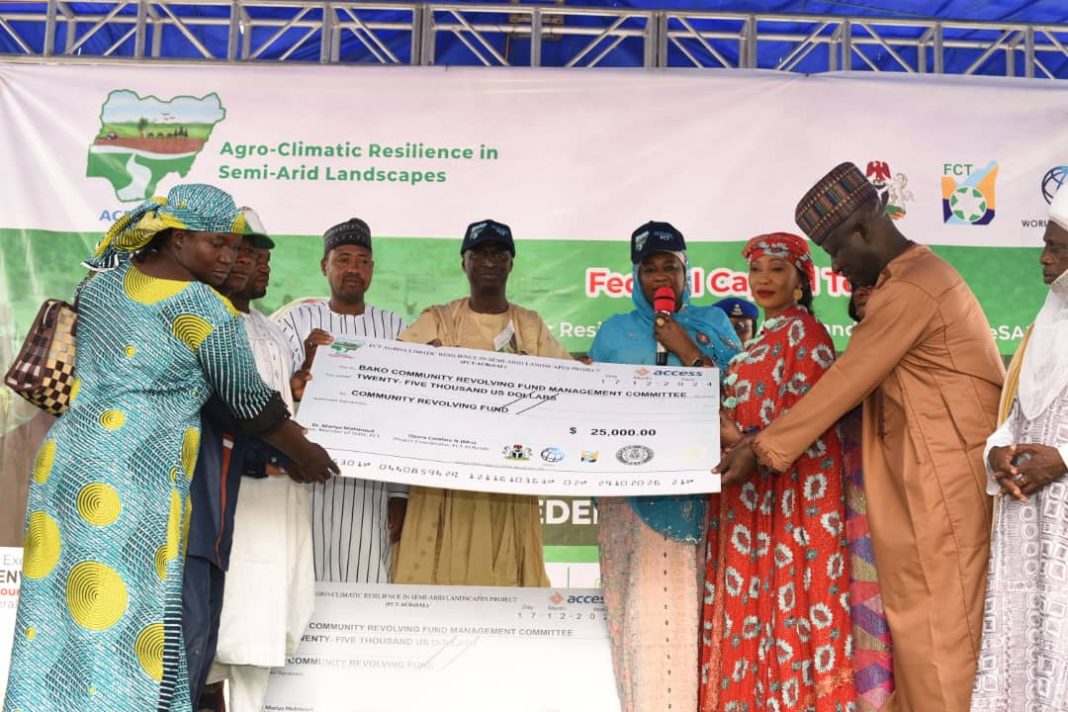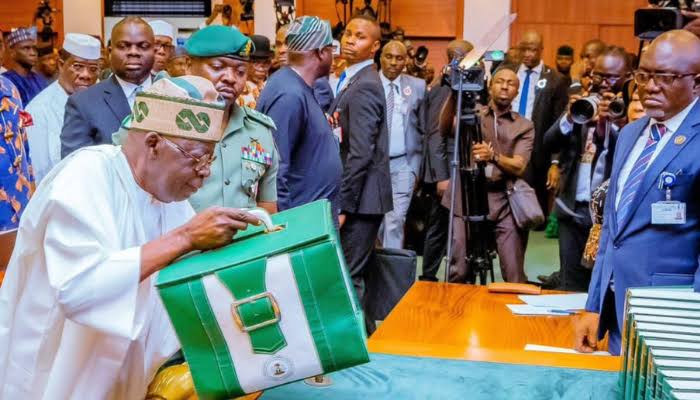By Abigail Philip David
The World Bank has outlined plans to approve $1.65 billion in loans for Nigeria in 2025, focusing on three critical developmental projects aimed at addressing the country’s social and economic challenges.
Information obtained from the World Bank’s website reveals that the loans will target internally displaced persons, education, and nutrition.
The first project, *Solutions for the Internally Displaced and Host Communities Project*, has a proposed commitment of $300 million and is scheduled for approval on April 8, 2025. It seeks to provide sustainable solutions for displaced persons and their host communities by addressing social and economic difficulties.
The second project, *HOPE for Quality Basic Education for All*, valued at $553.8 million, will focus on improving access to basic education. Its approval is expected by March 20, 2025.
The largest of the proposed loans, *Accelerating Nutrition Results in Nigeria 2.0*, involves $800 million and aims to address critical nutrition challenges across the country. A decision meeting on this project is slated for February 20, 2025.
This financing package underscores the World Bank’s commitment to supporting Nigeria’s ongoing reform agenda, particularly under President Bola Tinubu’s administration, which has so far secured $6.95 billion in loans over 18 months.
### Recent Loan Approvals under Tinubu’s Leadership
Notably, the World Bank approved a $500 million loan on December 13, 2024, for the *Rural Access and Agricultural Marketing Project—Scale Up*. The initiative aims to bridge the gap between rural areas and markets, improving access to agricultural markets, education, and healthcare.
Since assuming office, President Tinubu’s administration has secured 10 major loan projects. Some key approvals include:
1. **$750m Power Sector Recovery Project** (June 2023) – for stabilizing the power sector.
2. **$500m Nigeria for Women Program** (June 2023) – to enhance women’s empowerment.
3. **$700m Adolescent Girls Initiative** (September 2023) – to boost education for adolescent girls.
4. **$750m Distributed Renewable Energy Project** (December 2023) – expanding electricity access.
5. **$2.25bn Economic Reform Loans** (June 2024) – supporting economic stabilization and resource mobilization.
6. **$1.57bn Loan Package** (September 2024) – improving education, healthcare, and climate resilience.
### Rising Debt and Fiscal Challenges
According to the Debt Management Office, Nigeria’s external debt to the World Bank totals $16.32 billion, representing 38% of the country’s total foreign debt.
Meanwhile, Nigeria spent $3.58 billion servicing its external debt in the first nine months of 2024, a 39.77% rise from $2.56 billion during the same period in 2023.
The World Bank’s latest *International Debt Report* highlights increasing financial strain on developing nations, with $1.4 trillion spent on debt servicing in 2023 due to surging interest rates. Vulnerable economies reliant on concessional loans, including Nigeria, face heightened pressure as interest payments divert funds from critical sectors such as health, education, and infrastructure.
The success of Nigeria’s loan approvals in 2025 will likely depend on meeting the World Bank’s project prerequisites and demonstrating accountability in implementation.





